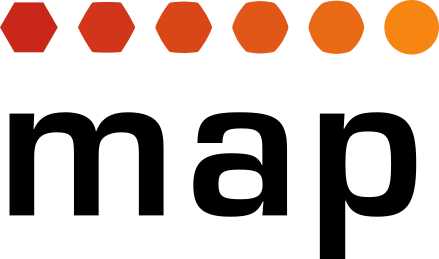FAQ
- German bank accounts
- Important remarks for your start of studies
- Confirmation for immigration authorities
- Exceeding the standard period of study
- De-registration from literature reviews and miniprojects
- Examination of the “Basics”
- German academic grading scale
- Postponement of examinations
- Plagiarism and artificial intelligence
- Illness and examinations
